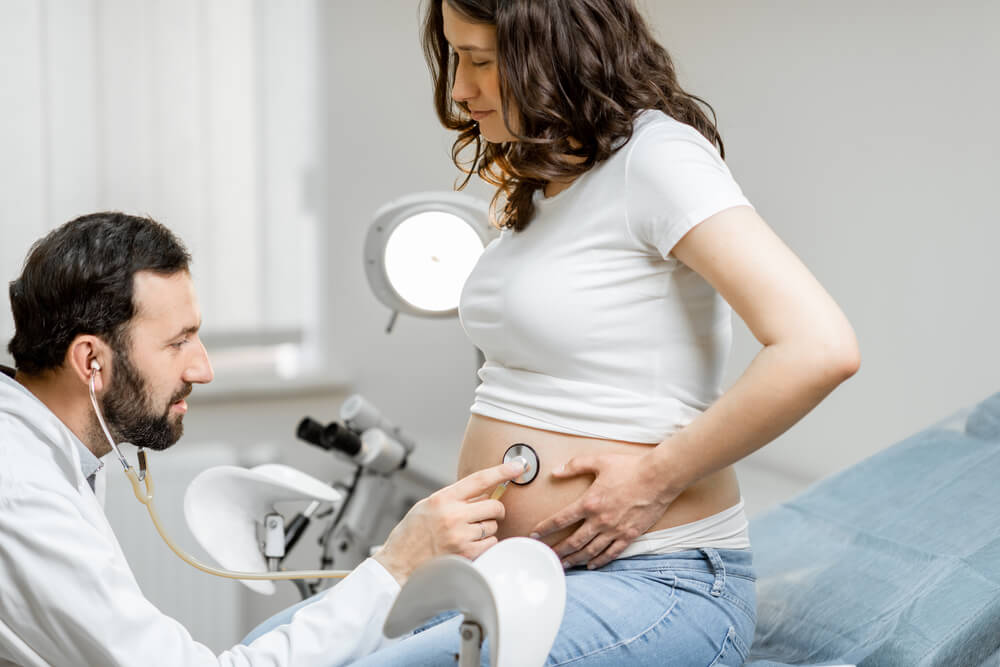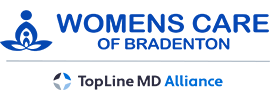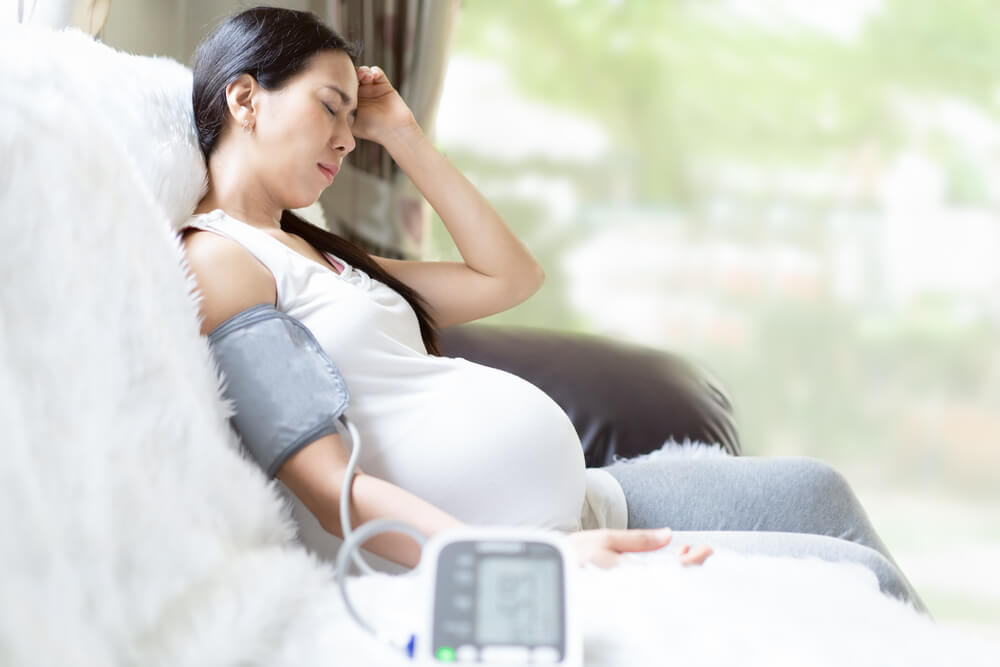Pregnancy Health Care
Pregnancy is one of the most beautiful and natural experiences a woman’s body can go through. A mother’s strength is unmatched as they are capable of bringing another life into the world.
It’s true that it takes a village to provide mothers the proper support in all areas of their lives to ensure a healthy pregnancy. Proper access to healthcare is crucial for a safe pregnancy.
At Women’s Care of Bradenton, we are committed to being a part of your village and aiding all female-related health needs, including exemplary pregnancy health care.
High Risk Pregnancy
Many risks can come along with pregnancy. There is a chance your pregnancy could be considered a high risk pregnancy. About eight percent of pregnancies are considered high-risk. Complications are what make a pregnancy riskier.
All pregnancies are different. There are some precautions or health management steps women can take to mitigate the chances of having a high risk pregnancy. However, sometimes complications can just occur. In all cases, having the proper pregnancy health care is vital.
High Risk Pregnancy OBGYN near me
Women’s Care of Bradenton is a high risk pregnancy OBGYN. If you are pregnant or making plans to become pregnant, reach out to us at Women’s Care of Bradenton. We provide personalized treatment for female health. Our patients come first. The comfort and health of you and your baby are our highest priority.
What is a High Risk Pregnancy?
What exactly are those complications we mentioned above? Complications often arise from pre-existing health conditions. Oftentimes, women can manage their health alternatively managing their high-risk pregnancies.
Types of Complications

By maintaining a healthy weight, you reduce complications that can arise during pregnancy. Being overweight while pregnant puts both you and your child at risk of contracting gestational diabetes, preeclampsia, high blood pressure, or stillbirth.
- Gestational Diabetes is when diabetes is diagnosed for the first time during gestation. It can occur from being overweight or gaining too much weight during pregnancy. Women with gestational diabetes cannot make enough insulin, affecting the way their cells interact with glucose.
- There are typically no symptoms, and diagnosis is often discovered through a blood sugar test, another reason why pregnancy health care is vital. High blood sugar can affect your baby’s health. It is crucial to detect gestational diabetes before it causes detrimental effects or other complications arise.
- Preeclampsia can be a fatal complication during pregnancy, distinguished by high blood pressure. The other indication of preeclampsia is harm to the function of organs, most likely the liver or kidneys. Typically, the condition sneaks up late in pregnancy, and symptoms are difficult to detect.
- Monitoring blood pressure is a principal part of prenatal care and the best way to indicate the possibility of developing preeclampsia. Experts say that preeclampsia is caused by the abnormal development of the placenta when there are irregularities in blood flow with the organ.
- A stillbirth is the devastating death of the fetus at or after about 20 weeks of pregnancy. When a stillbirth has no known causes, it is classified as an “unexplained stillbirth.” Stillbirths can occur to any woman but occur more commonly overall in women who fall under the categories below.
- High risk pregnancy age. Women who are pregnant while 35 or older have a higher chance of having a stillbirth.
- Women of a lower socioeconomic status and who may not have the best access to prenatal care have a higher risk of stillbirth.
- Women who engage in risky behavior, like smoking, during pregnancy are more at risk of having a stillbirth.
- Women with certain medical conditions like obesity, high blood pressure, or diabetes are more likely to have complications, including stillbirth.
- If a woman has lost a baby before, they are at an increased risk of losing their baby again.
- Having triplets or multiple pregnancies at once has an increased risk of stillbirth.
High Risk Pregnancy Age Under 17
Maternal age can determine the possibility of mothers experiencing complications during their pregnancy. Women under the age of 17 or older than 35 fall under the high risk pregnancy category because their age yields risk factors. Younger mothers have a high risk factor because of their own development and the possibility of unstable private life.
- Because of their young age, adolescent mothers’ own bodies can still be developing and result in having an underdeveloped pelvis. If a mother has an underdeveloped pelvis, problems during childbirth can arise.
- Younger aged women are more likely to have nutritional deficiencies. These poor eating habits can put tension on the body, affecting both child and mother.
- Young mothers are more likely to have higher blood pressure because of eating habits, stress, and the higher likelihood of unstable relationships. High blood pressure during pregnancy can indicate preeclampsia, the possibly fatal pregnancy condition we discussed earlier.
- Women who have experienced a teen pregnancy are more likely to be in an abusive relationship, either emotionally or physically. There can also be an emotional overload and seemingly little support. There is often some form of strain because of stigma in one or more of the young mother’s relationships with friends, family, or a significant other.
These factors can cause the baby or mother to experience medical conditions like preterm delivery, low birth weight, low blood pressure, or preeclampsia. Oftentimes, adolescent pregnancies are unplanned, so prenatal care is not sought out early enough, causing an increased risk of complications.
High Risk Pregnancy Age Above 35
When women above the age of 35 become pregnant, they must have more than regular visits with their doctor to monitor the pregnancy. There is a higher risk for the baby to develop congenital disabilities or experience deficient development.
- Older women are more likely to have more medical conditions like high blood pressure, heart disease, or diabetes. When these conditions are not properly controlled, they can cause miscarriage. There is also an increased risk of developing high blood pressure or diabetes while pregnant above age 35.
- Chromosomal problems are more common in pregnancies when the mother is above age 35 because the aging process of female eggs can cause meiosis flaws. Meiosis is when the sperm interacts with the female egg to produce the child’s sex.
Women’s Health Care Pregnancy

Age can cause concern for more complications during pregnancy. A professional should monitor these pregnancies closely with pregnancy health care. Older women are more likely to have multiple pregnancies, like twins or triplets, and to need a c-section for delivery.
Obgyn Near me
With any pregnancy, it is important to find a doctor specializing in obstetrics and gynecology for the adequate care required before, during, and after pregnancy. Women’s Care of Bradenton is located in South Florida. We put women’s healthcare first.
We can help all mothers monitor and control a high-risk pregnancy.
If you are pregnant or think you may be, reach out to us. After all, we are dedicated to providing comprehensive care to you and your baby. It is our goal to collaborate with our patients to ensure the safest and healthiest pregnancy.


